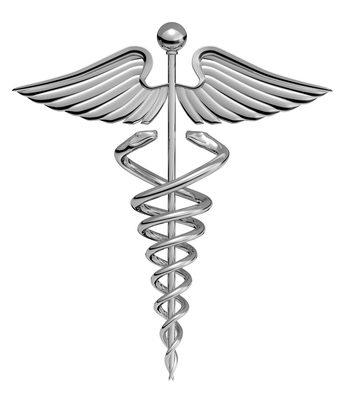If you’re in the healthcare industry or looking to enter the field, you’ve probably already heard of HIPAA; but you might be wondering what the HITECH Act is. With privacy laws and technology always evolving, it’s important to know the ins and outs of the legality of privacy as related to the healthcare industry. We’ll be taking an in-depth look at this relatively new act, its facts, and what it means to the healthcare industry.
What is the HITECH Act?
The Health Information Technology for Economic and Clinical Health Act of 2009 (HITECH) provides the Department of Health and Human Services “with the authority to establish programs to improve healthcare quality, safety, and efficiency through the promotion of health IT, including electronic health records and private and secure electronic health information exchange.”
This act was enacted under Titlle XIII of the American Recovery and Reinvestment Act of 2009 and was created to expand promote and expand the adoption of health information technology. Almost $30 billion has been invested through this act to create a nationwide network of electronic health records; being dubbed one of the most important pieces of health care legislation in recent decades.
When HITECH was enacted, the Office of the National Coordinator for Health Information Technology was created. This office is held within the Department of Health and Human Services and the Secretary of the department appoints the National Coordinator. This National Coordinator’s responsibility is the development of the Nationwide Health Information Network.
What does the Act do?
HITECH promotes information exchange through different organizations by offering incentives and/or financial penalties. Hospitals, doctors, and healthcare administrations can receive stimulus funding for using electronic health records; by writing e-prescriptions, exchanging information electronically, and taking other measures to ensure any health-related information can be set up electronically.
The goal of the act is improve care coordination, engage patients and their families, improve population and public health, reduce healthcare disparities, and ensure adequate privacy and security for everyone. In order to stimulate this electronic market, the Obama administration began using federal investments after the enactment of HITECH to offer incentives to providers who use the electronic system and to create strict but open standards to help everyone meet the same goals.
In order to receive federal incentive money, there are certain requirements that must be met. In addition to these basic requirements, participants must meet all these requirements within a 90-day period and follow a process using their state’s attestation system.
Requirements:
An organization must meet certain standards and requirements under HITECH. They must record patient demographics, use computerized order entry to medications and prescriptions, maintain medication/allergy lists, record clinical decisions, provide patients with an electronic copy of their information when asked, be capable of exchanging information between providers and patients, and protect all electronic health information.
Under HITECH providers must also implement drug-formulary checks, incorporate lab-test results into their data, send reminders to patients upon request, provide summary records for referrals or transitions, and perform medication reconciliation.
With so many rules and regulations regarding privacy and patient care within the healthcare industry, it’s important to understand them; especially if you’re looking for a serious career in the field. The HITECH Act was created to not only protect patient privacy, but to further the quality of patient care through the use of technology.
